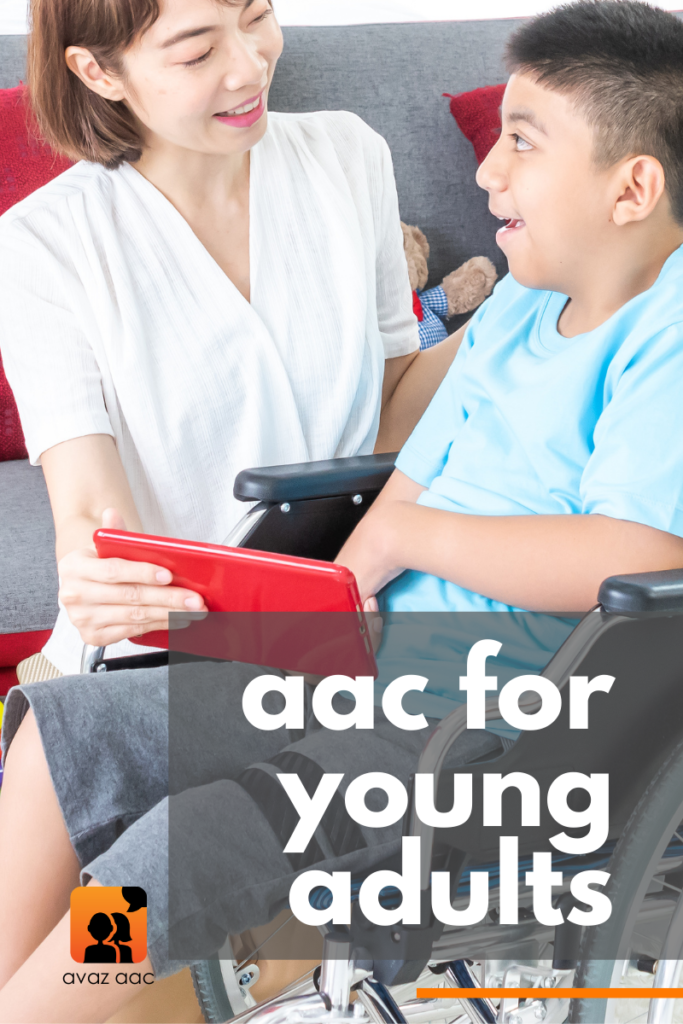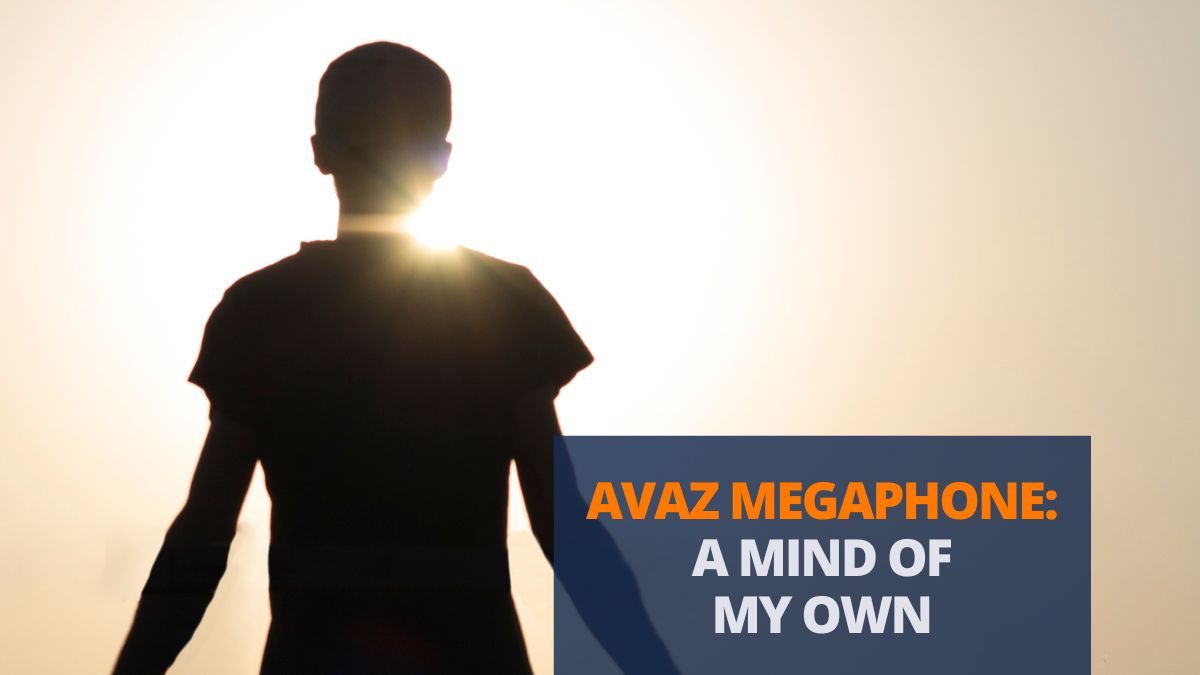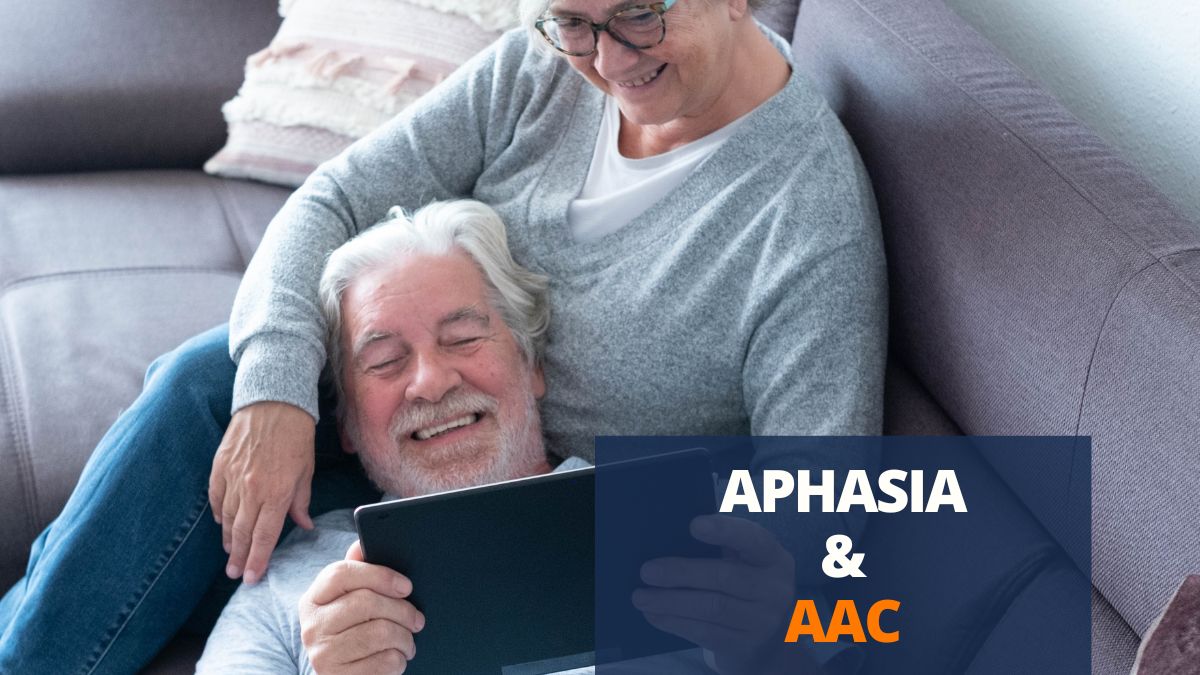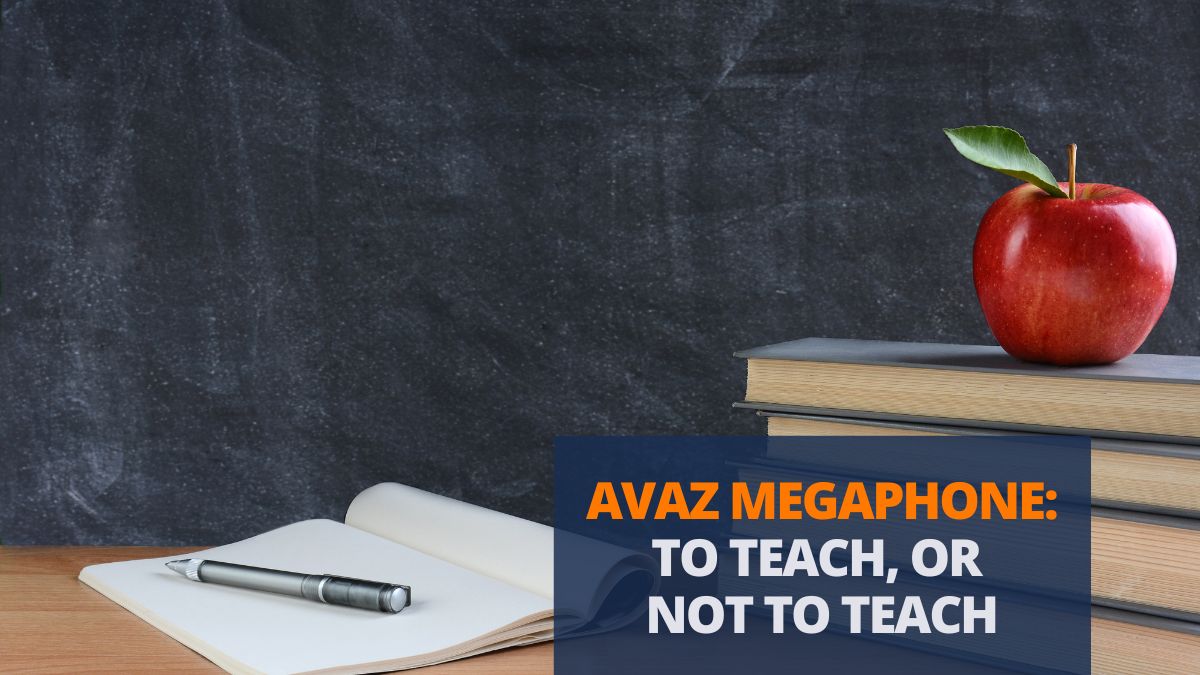Time and again, we speak about early intervention and its benefits. This is especially the case when it comes to communication.
This may not be applicable for children with complex needs. They may have difficulties with breathing and feeding. Other medical issues like seizure-survival could become the focus of intervention for them. Communication may not be the priority for the families of such children until much later. In other cases, families would have tried different methods of communication. It may have become evident much later that it does not suit their child.


In both cases, the child may have lost out on communication interventions in their early years. The early years, as you know, are are precious for communication. They could be well into their teens or even be young adults without a symbolic communication system in place. In such cases we often wonder – is it possible to develop an effective communication system at a later age?
YES WE CAN!
With appropriate scaffolding, teenage and young adult learners can make considerable gains in their communication with AAC.
Lets look at how teaching AAC for young adults can be organized in a systematic fashion.
General Considerations in Teaching AAC to Young Adults
We must remember that everyone will have different AAC needs and abilities. Hence the considerations should be tailored accordingly.
- Provide for multimodal communication: This is true for any individual, more so for young adults who are just beginning to use an AAC system. They have been communicating in a particular way up until now, and consider that to be efficient. They may not have the patience to learn a new method like using AAC symbols now. Hence we must hold space for multimodal communication.
- Needs based teaching: We should not feel the need to teach EVERYTHING. Think about what will suit their current needs and the environment they are in. If there is a transition around the corner, then vocabulary relating to that should also be included. This includes higher education, a new job etc.
- Sufficient vocabulary: They should have vocabulary to express their own thoughts, ideas and desires about their future.
- Family input is key to success: Parents and others should be aware of their goals and be ready to support the young adult.
- Team work: Collaborative efforts by the therapist, educators and families is vital for success!
Important Considerations Regarding Vocabulary
When deciding what vocabulary to include in their systems, collaborate with families, friends , colleagues and staff. This helps to generate personally relevant words for all tasks.
And most importantly ask the young adults themselves. Questions like what do you like to talk about? What do you like to do during your free time? They may surprise you with their preferences. Here are some considerations that you must keep in mind in this regard.
- Give access to comments, questions and phrases on their favorite topics of interest.
- Include phrases that they will need to communicate to new caregivers, unfamiliar communication partners and people at school/work
- They will need Social phrases that helps them to communicate with peers and fellow employees
- Importance of core vocabulary cannot be emphasised enough
Important Folders to be Added to the AAC System
Some preference based folders should be added to the AAC systems of young adults. This could include the following:
- Vacationing.
- Wedding.
- Ordering coffee/lunch.
- Morning routine.
- Commuting to work.
- Any other preference folders relevant to the individual.
Using Phrase Based Systems
For younger users we concentrate on getting them to learn the different sentence structures. But for adults the vocabulary can be phrase based. This is because:
- Transmitting messages with phrases is quick
- It suits those users whose language structure is impaired. Remember our focus of intervention for adults is different.
- Allows for a mix of comments, questions, and requests per topic.
- Allows for scripting and echolalia for minimally verbal users.
- Provides additional information to the listener compared to single words.
Phrases for Unfamiliar Communication Partners
Young adults are more likely to encounter unfamiliar communication partners. Hence some important phrases can be pre-loaded onto their AAC systems to provide support in those times. Some such important phrases include:
- I use this device to talk.
- Ask one question at a time.
- Give me time to answer.
- Let me answer on my device.
- I understand everything you are saying
- Ask me yes/no questions.
- Please don’t finish my speech.
We should also add their name, address, date of birth, and any other personal information routinely requested. They might need to provide this information in different situations. These include doctors appointments, visiting the pharmacy or library or ordering food from outside.
Final Thoughts
We should never assume that an adult with significant disabilities will have interests that align with those of a younger child. We do have emergent communicators who are interested in planning parties or writing recipe books. On the other hand, we may also have adults with significant disabilities whose interests do align with those of a younger child. Hence AAC systems should tailored accordingly.
We can determine age appropriate vocabulary to introduce by looking at the peers of the young adults. Current trends and associated items can be added.
Our interests changed and widened as adults only because of exposure. Hence we should create opportunities for the same for our young adults. If they have not been exposed to different activities it is highly unlikely that their interests will widen. It is important to note that we should widen their exposure and NOT REPLACE their interests.
Pioneers in the field of AAC also talk about presuming potential- here we assume not that they know everything but that they definitely have the capacity to learn.
When we work with students using age respectful materials, other people start engaging with them in age respectful ways.
Caroline Musselwhite
WRITTEN BY
Niveditha Ryali
Speech – Language – Swallowing Therapist
I have years of experience that comes from working in NHS(UK), special schools, hospitals and private practice. My passions are working on improving Speech, Language and Swallowing skills in children and adults. I also strive to facilitate early communication in children with complex communication needs, thereby improving parent-child bonding.





